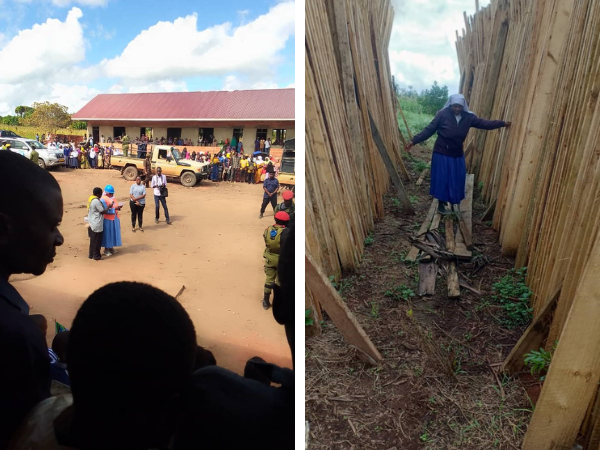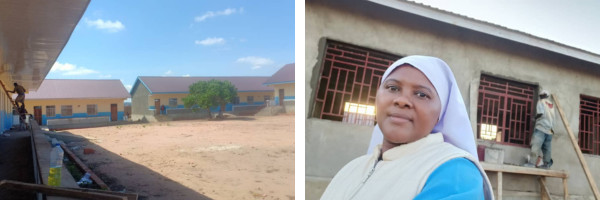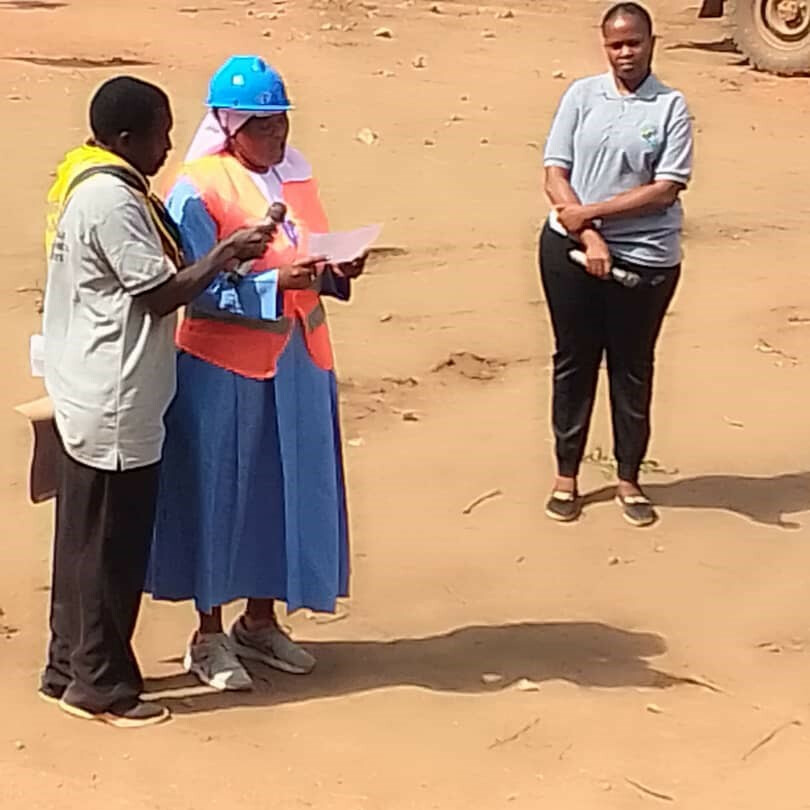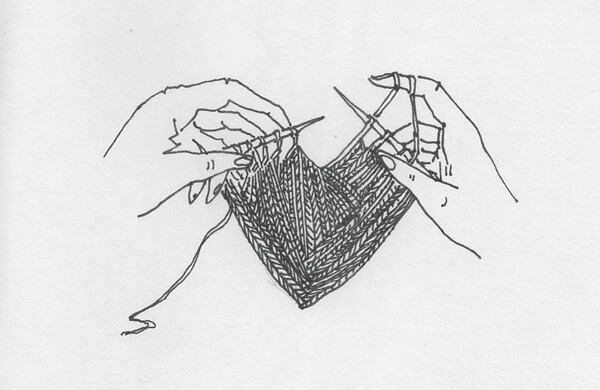 image: Liz Valente, https://www.instagram.com/donalizvalente/
image: Liz Valente, https://www.instagram.com/donalizvalente/
Dear Theologian,
I grew up in the Catholic Church, where we were told to “go to confession” to a priest fairly often, to have our sins forgiven. Do we have anything similar in the Episcopal Church? How are we to find forgiveness for our sins?
A Penitent
Dear Penitent,
Your first question can be answered simply. Yes, the Episcopal Church does have something very similar to the Roman Catholic Sacrament of Penance, now usually referred to as Reconciliation. You can find it in the Book of Common Prayer at page 447, under the heading “The Reconciliation of a Penitent.”
Like many other practices in the Anglican form of Christianity, this rite is available to all who request it from a priest, but is not required of anyone. The decision to request it is left up to the discernment of the individual believer. A familiar saying applies here: “All may, none must, some should.”
Your second question, though, demands a fuller response. How, indeed, are we sinful human beings to find forgiveness for our sins? The question becomes intensely personal for each one of us at certain times, when we become aware of how little we have responded to the infinite Love that is at the heart of things.
The way into finding forgiveness begins when we take the time to enter humbly into the presence of the One who loves us absolutely. There are no preliminaries necessary. It is not as if we had first to get our house in order, through moral conversion and change, before God would be willing to love us and come to us.
We need, however, first to learn to be quiet enough to hear the voice of God affirming and accepting us as we are. The discipline of silence is required. But we must also read Sacred Scripture and believe in the Word of God, especially as it reveals the infinite mercy that attends us.
Only after we have allowed God to love us for a while, should we then direct our attention to that self which is so dear to us and at the same time so wounded and unloving. We can dare to look at ourselves as we are, if we are illuminated by the light of God’s love directed to us seemingly unlovable ones.
The self-knowledge that we then gain can, however, lead us to want to hide ourselves from God, because we are actually so unworthy to be in relationship to that furnace of love. How can we dare to turn towards the Light? What gives us the hope that we will be healed and renewed in that Light, rather than destroyed by it?
Here it is important to remember that we stand in a great fellowship of forgiveness. The gracious, forgiving Love that God is, has brought into being a community of forgiven people which extends through all times and places and even includes the dead. And each of us is a member of that fellowship.
It is in and through the liturgical and sacramental life of the Church community that we receive the revelation of God given to us in the Sacred Scriptures of Israel and of the Church. The place in which we hear the Word of divine forgiveness, and are able to believe in it and allow ourselves to be forgiven, is the fellowship of forgiven sinners who belong to God through the reconciling death of Christ.
This happens again and again, whenever we gather with fellow believers to celebrate the Holy Eucharist. The Word that is read and proclaimed prepares us to be forgiven and reconciled with Christ in the Sacrament. It is true to say that the primary Sacrament of forgiveness, after the once-and-for-all event of Baptism, is the Eucharist.
Why, then, does the Church provide a separate and distinct rite for the Reconciliation of a Penitent? And when is it appropriate?
Persons who have been guilty of serious moral failure have a special need for an individual, personal, extended rite of reconciliation—in order to experience their own sorrow and to experience the overwhelming goodness and mercy which surrounds them and allows a new beginning (in spite of everything).
Why is this valuable? Because it takes the whole process of forgiveness out of the seemingly merely private and inward sphere, and places it in the public, social context of the community of faith to which the person belongs. There is an objectivity about celebrating the Sacrament of forgiveness which greatly strengthens a person’s faith and allows him or her to feel in a bodily, interpersonal way the reality of being forgiven.
What does the Sacrament involve?
It is an act of faith, an expression of worship, entered into with a fellow believer who, by virtue of ordination, represents the entire fellowship of forgiven sinners. In a setting of simple faith and honest prayer, the two listen to the Word of God and put their absolute trust in the divine forgiveness.
Then the penitent confesses in specific terms the nature and shape of his or her sins. Why this? Because, as the famous 5th Step of Alcoholics Anonymous has demonstrated for millions, to admit to another human being the exact nature of one’s failures allows one to admit it fully both to one’s self and to God. And without that full and honest admission, no one can ever change or be healed.
The priest may then respond with some words of counsel and encouragement, and ordinarily also imposes some small but significant action to be carried out later as an expression of one’s sincere repentance and desire for amendment of life.
Finally, the priest solemnly utters the words of forgiveness and release, of pardon and peace. He absolves the penitent in the name of the Church and therefore in the name of Christ from whom the Church lives. This is a word of authority, to be accepted gladly by the one who has entrusted himself or herself so completely to the mercy of God:
“Our Lord Jesus Christ, who has left power to his Church to absolve all sinners who truly repent and believe in him, of his great mercy forgive you all your offenses; and by his authority committed to me, I absolve you from all your sins: In the Name of the Father, and of the Son, and of the Holy Spirit. Amen.”
The words of forgiveness are accompanied by a gesture—the priest extends a hand over the penitent and may lay a hand on the person’s head or shoulder.
The final words of the priest sum up the significance of what has occurred:
“Now there is rejoicing in heaven; for you were lost, and are found; you were dead, and are now alive in Christ Jesus our Lord. Go in peace. The Lord has put away all your sins.” [1]
Faithfully,
The Theologian
[1] BCP, p. 451.
The Rev. Wayne L. Fehr writes a monthly column for the diocesan newsletter called "Ask a Theologian," answering questions from ordinary Christians trying to make sense of their faith. You can find and purchase his book "Tracing the Contours of Faith: Christian Theology for Questioners" here.
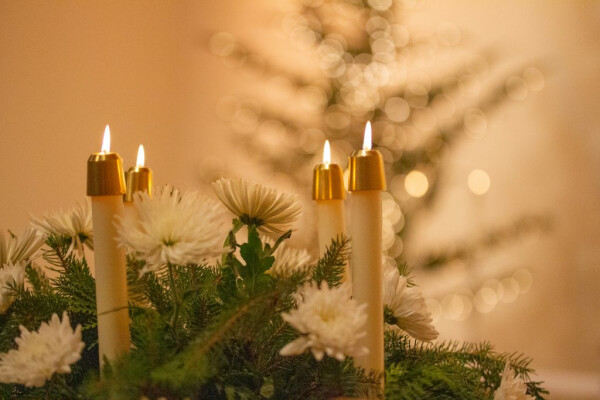

 image: Liz Valente, https://www.instagram.com/donalizvalente/
image: Liz Valente, https://www.instagram.com/donalizvalente/